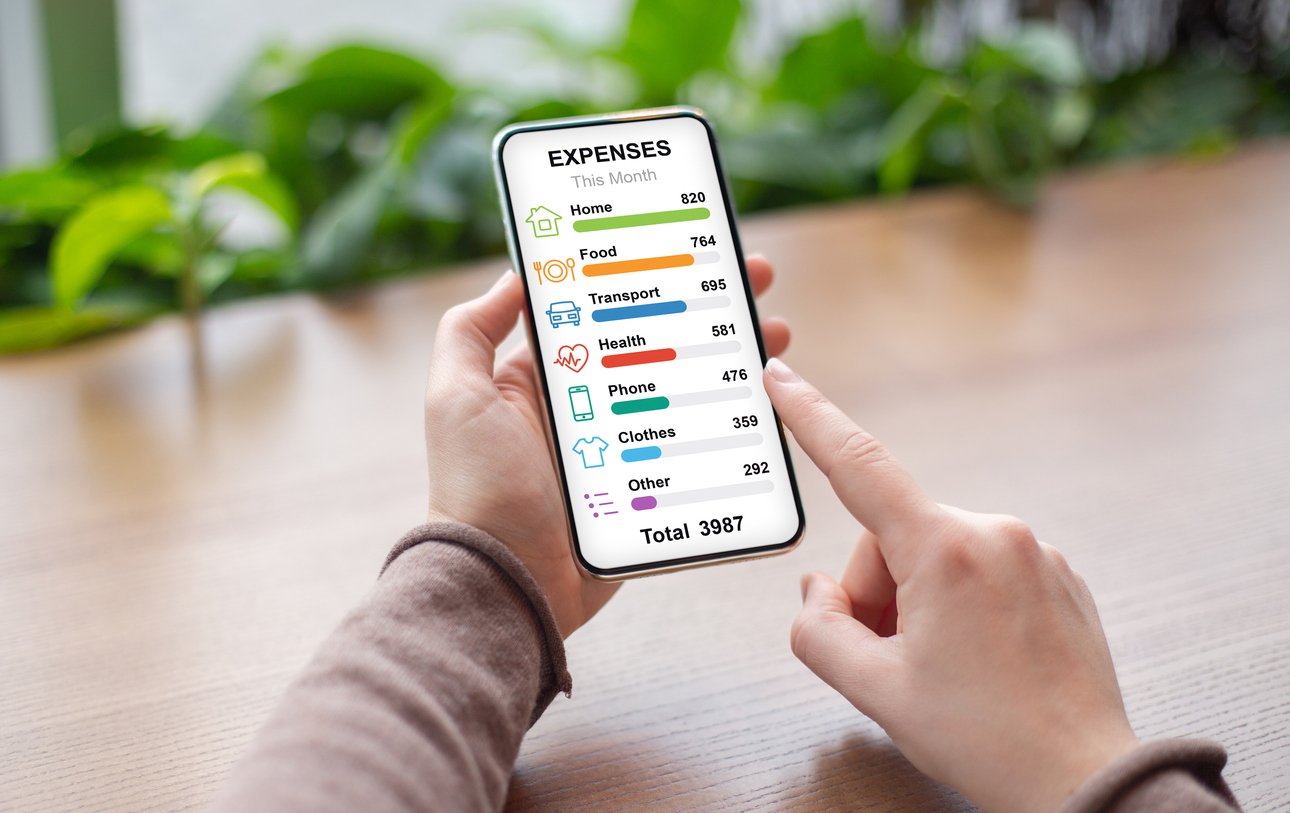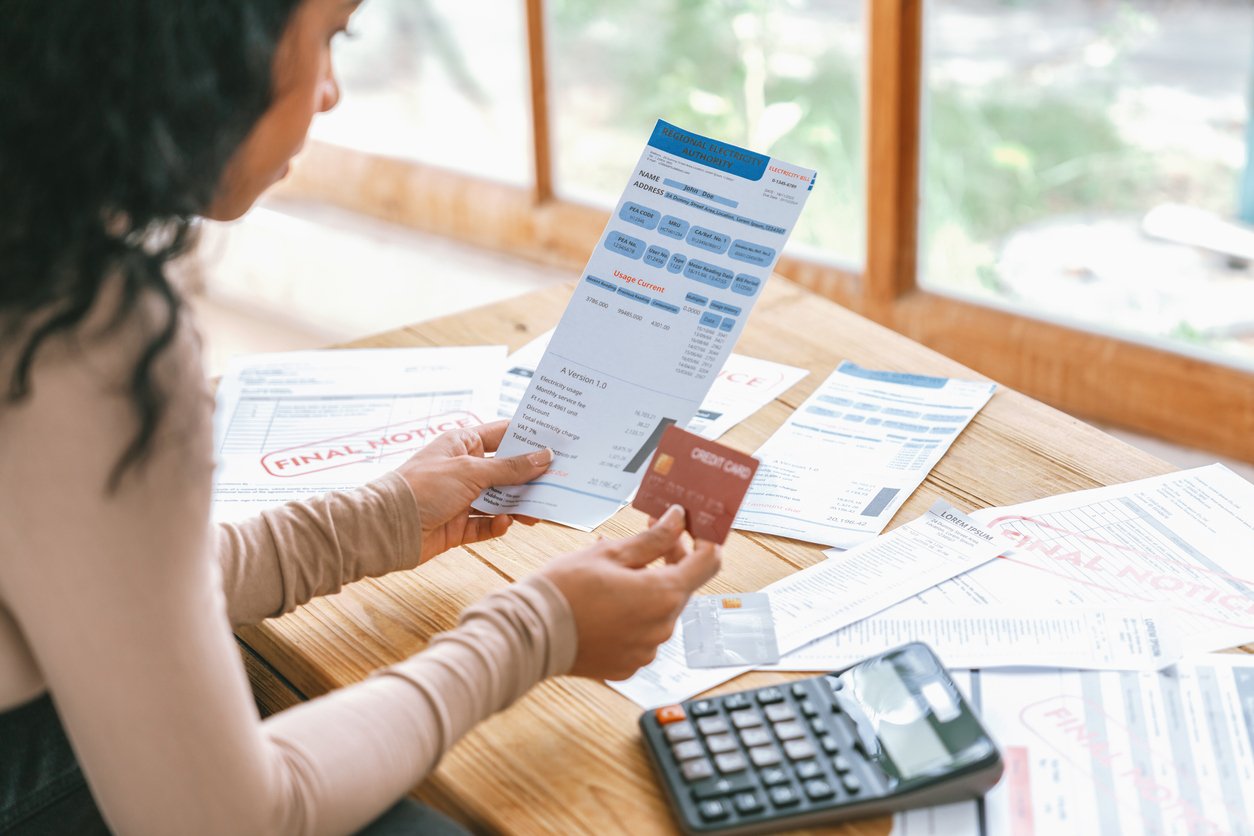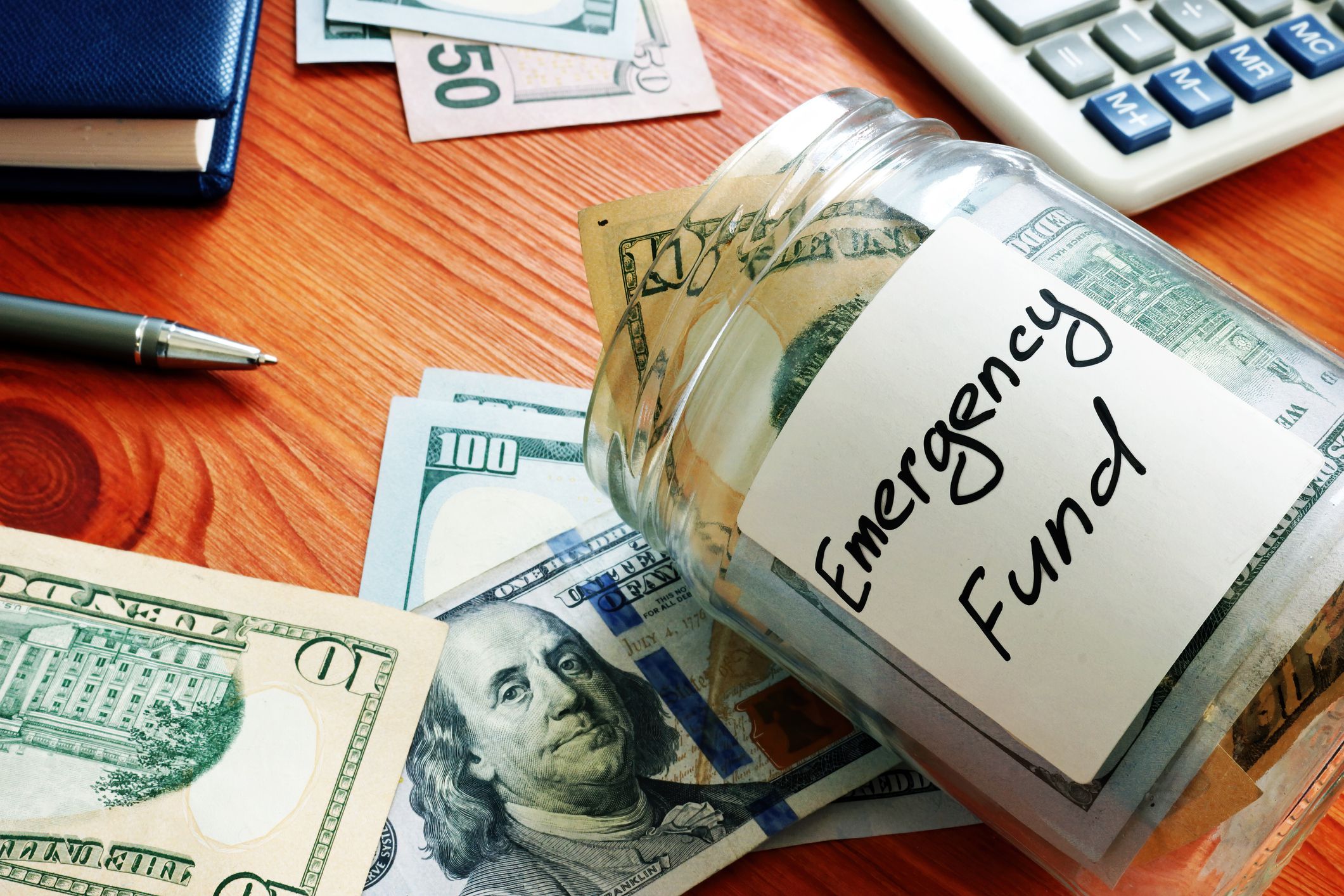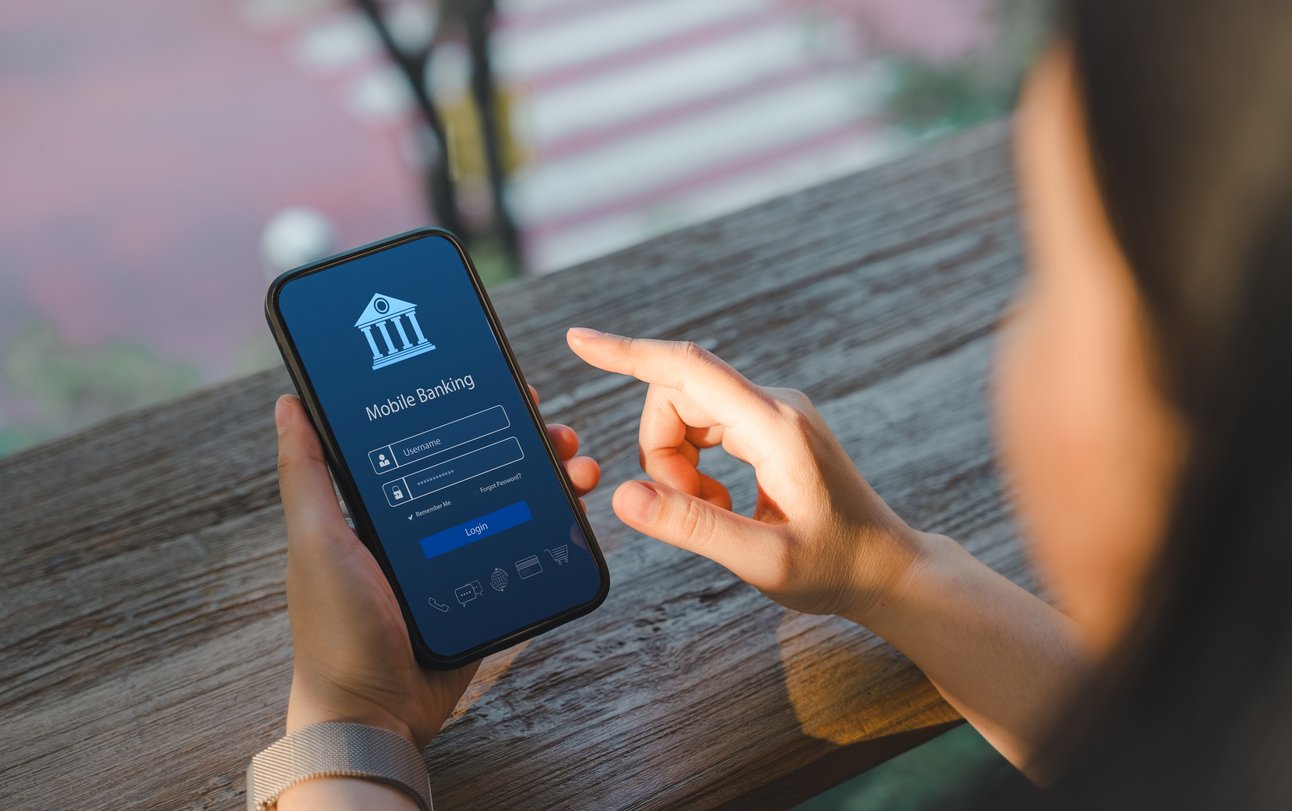Financial independence can seem like an almost fictitious concept if you’re not in a high tax bracket or have only recently started learning about personal finance. However, achieving financial independence is possible for many people through short-term sacrifices and optimization across all aspects of economic life and well-being.
“When people ask me how to reach financial independence faster, I always tell them it’s not about a secret formula or a lucky break. It’s about forming small, steady habits that accumulate over time,” Kevin Marshall, CPA, and personal finance professional at Amortization Calculator. “I’ve seen clients with modest salaries build real wealth because they were disciplined, and I’ve also seen high earners stay stuck because every dollar slipped away. Habits matter more than income.”
The truth is, financial independence isn’t about doing one big thing right. It’s about doing a handful of simple things right, over and over again, says Marshall. Spend less than you earn, avoid expensive debt, put money to work automatically, and resist the urge to let lifestyle inflation eat your progress. Combine those habits with a willingness to keep learning, and you’ll not only build wealth — you’ll build confidence and freedom along the way.
Here are the ten most significant personal finance habits (other than increasing your income) that’ll put you well on your way toward financial independence, no matter your job title or tax bracket:
Track Expenses, Granularly

The first habit is getting clear on where your money actually goes. Most people think they know, but once they track it honestly, surprises pop up, says Marshall. That daily coffee or streaming subscription doesn’t seem like much until you see it in black and white. “Creating a budget isn’t about cutting out all the joy — it’s about knowing what’s worth keeping and what’s quietly draining you. The awareness alone gives you power, and that’s the first building block of independence.”
Eliminate High-Interest Debt

“I always stress tackling high-interest debt. Nothing slows down progress more than paying credit card companies a twenty percent interest rate while you’re trying to save,” explains Marshall. “It’s like trying to fill a bucket with water while it has a hole at the bottom. Once you plug that hole, you’ll be surprised how much more money stays in your pocket and how quickly your savings can grow.”
Build an Emergency Fund

Starting out on a journey toward financial independence means auditing your entire financial life and making the most responsible and aligned decisions for your goals. One of the best money-saving habits when starting out is to ensure you have an emergency fund in place — anywhere from one to six months’ worth of expenses is recommended — which will serve as your financial safety net in case of unexpected expenses and won’t throw off your budget.
Keep Clear Goals in Mind

Working toward financial independence requires making financial decisions that can sometimes feel like a sacrifice in the short term. That’s why many folks working their way to early financial independence make a clear list of their “whys.” Making clear goals — beyond just numbers in the bank — helps to stay motivated when you feel like you’re missing out on short-term pleasures, like unnecessary “little treats” or expensive holidays. Everyone’s why will be different — for some it looks like time freedom, like not having to work while raising kids, but for others it might be something as simple as having the financial peace of mind that makes room for things waking up without an alarm.
Consume Financial Content Every Day

Folks working toward financial independence don’t wake up with unwavering willpower and determination every day — which is why it’s so important to consume inspiring content from like-minded folks. Whether it’s YouTube creators sharing their journey toward financial independence or it’s simply keeping up with market news, making financial content part of your day-to-day will help keep your goals top of mind when motivation feels low.
Trending on Cheapism
Automate Your Savings

One of the most ingenious tricks is to automate your savings, says Marshall. “When money leaves your account before you even see it, you stop thinking of it as available to spend. It doesn’t feel like a sacrifice because you’re simply learning to live on what’s left,” he explains. “Over time, those automatic transfers grow quietly in the background, and one day you’ll look back and realize how much progress you’ve made without having to wrestle with daily willpower.”
Optimize Your Taxes

“I also encourage people to use every advantage the system gives them. Retirement accounts, health savings accounts, and tax credits aren’t just for accountants to worry about. They’re designed to reduce your tax bill and help you keep more of what you earn,” explains Marshall. “If you ignore them, you’re leaving money on the table that could be working for you instead of against you.”
Avoid Lifestyle Creep at All Costs

Then there’s lifestyle creep — the urge to upgrade every time your income rises. “I’ve seen it happen countless times: someone doubles their salary but still feels stuck because their spending doubles too. Families who stay disciplined, keeping their lifestyle steady while funneling extra income into savings or investments, are the ones who reach independence faster,” explains Marshall. “That gap between what you make and what you spend is the engine that drives wealth.”
Sign up for our newsletter
Live Well Below Your Means

Lifestyle creep can quickly eat away at your progress toward financial independence — but living beyond your means can be even more dangerous. Those working toward financial freedom make short-term sacrifices, living below their means in smaller, perhaps less modern accommodations, optimizing their grocery choices, and adopting an aggressively frugal mentality, with any extra income going toward investments.
Slow But Steady Investing

You can have the best habits — but according to Marshall, consistent investing is what ties everything together. “You don’t need to time the market or pick the next big stock. You just need to put money in regularly and let compounding do its work,” he says. “Even small amounts can grow into something significant when given enough time.”
More Personal Finance Tips From Cheapism

- 13 Signs You’re Doing Better Financially Than You Think — If you’ve got emergency savings, are paying your bills on time, and are closing in on debt-free status, you’re likely further along than you feel.
- 20 Frugal Habits of the Super Rich Worth Learning — From automating savings to choosing energy-efficiency over status, these quiet routines are common among wealthy people who keep getting richer.
- 10 Expenses Retirees Should Cut to Save Over $40K a Year — Even modest cost trimming—subscriptions, fees, services—can free up real money when you start adding adjustments across your budget year over year.






